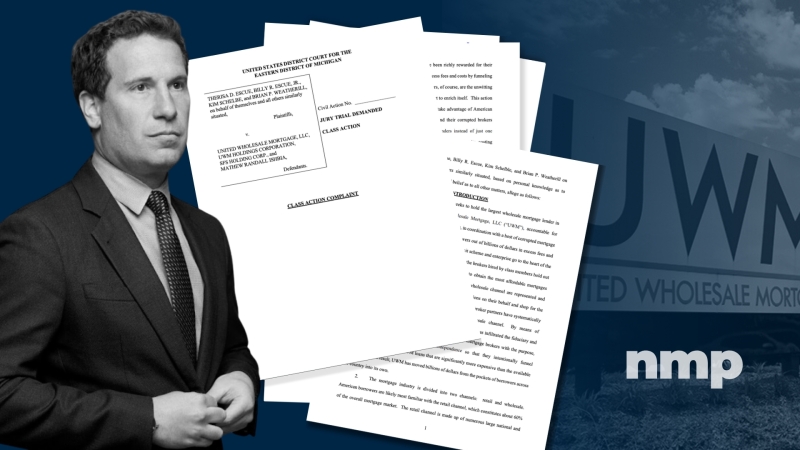Community Lenders Are Essential to the Future of Mortgage Banking

Photo credit: Getty Images
“The essential thing is not knowledge, but character.”—Joseph Le Conte
It goes without saying that data is important in determining a borrower’s ability to repay. W-2’s, paycheck stubs, application information, etc., are all essential pieces of information when putting together a mortgage loan.
Yet these pieces of paper are just individual, incomplete snapshots of the applicant’s overall character. While they are hard facts, they can be misleading when gathered without sufficient background information on the person.
A community lender has access to more than just data on the loan applicant—they have a strong foundation of information built on years of knowing that person. Done appropriately, a judgment-based loan takes into consideration the borrower’s complete profile. In many cases the lender knows the applicant’s family, history, spending habits, special circumstances, etc., which may not tick all the boxes and look perfect on paper, but can nonetheless be a good risk. Such judgment-based loans are a crucial service to local communities.
On the other hand, just because a loan looks good on paper doesn’t mean an applicant should automatically qualify. As one of my mentors used to say, “100 percent of foreclosures were qualified on paper.” A good lender shouldn’t approve a loan just because an automated underwriting engine says its eligible.
The industry, however, has transitioned away from judgment-based lending into rule-based lending. Regulations, as a result of the last financial crisis, are pushing lending toward a heavily dependent data driven model. The qualified mortgage (QM) rule was difficult for community lenders, as it narrowed their ability to lend to those outside the prime “sphere.”
Compliance, in general, is difficult and expensive. However, lack of compliance is even more costly. Many community lenders have either gotten out of the mortgage business or have stopped originating non-GSE mortgage loans. This has introduced a vacuum that portfolio lending used to address.
The TILA-RESPA Integrated Disclosure Rule (TRID), effective Oct. 3, adds additional complexities with changes in technology, forms and processes. Such high standards come with an equally high price tag that many small lenders are legitimately worried they will not be able to pay.
TRID is designed to protect the consumer, and is admittedly necessary, as many financial institutions continue to lag behind the technology landscape of the 21st Century. Accommodating TRID can be done with technology that creates efficiencies, collaboration and transparency.
Upgrading technology can be an opportunity for community lenders. Compliance and judgment based lending do not need to be opposing forces. Using proper technology can provide the right balance of qualified data and in the hands of a local knowledgeable expert, allow local lenders to continue to serve their communities.
If community lenders are largely pushed out of the mortgage scene, the industry will lose a crucial skill that these professionals bring to the closing table: That of carefully cultivated, judgment-based lending practices.
We’ve relied, as a nation, on local lenders making loans that help people achieve the American dream of homeownership. That type of loan is now in jeopardy. There should be judgment in lending, and community lenders have serviced that role very well since the beginning of banking.
It would be a shame if community lenders were pushed out of the mortgage sphere.

Wes Miller is the CEO and co-founder of ATS Secured, a new technology category for the real estate closing industry. He has extensive experience in developing and marketing both core and ancillary financial products. He may be reached by e-mail at [email protected].
This article originally appeared in the October 2015 print edition of National Mortgage Professional Magazine.





